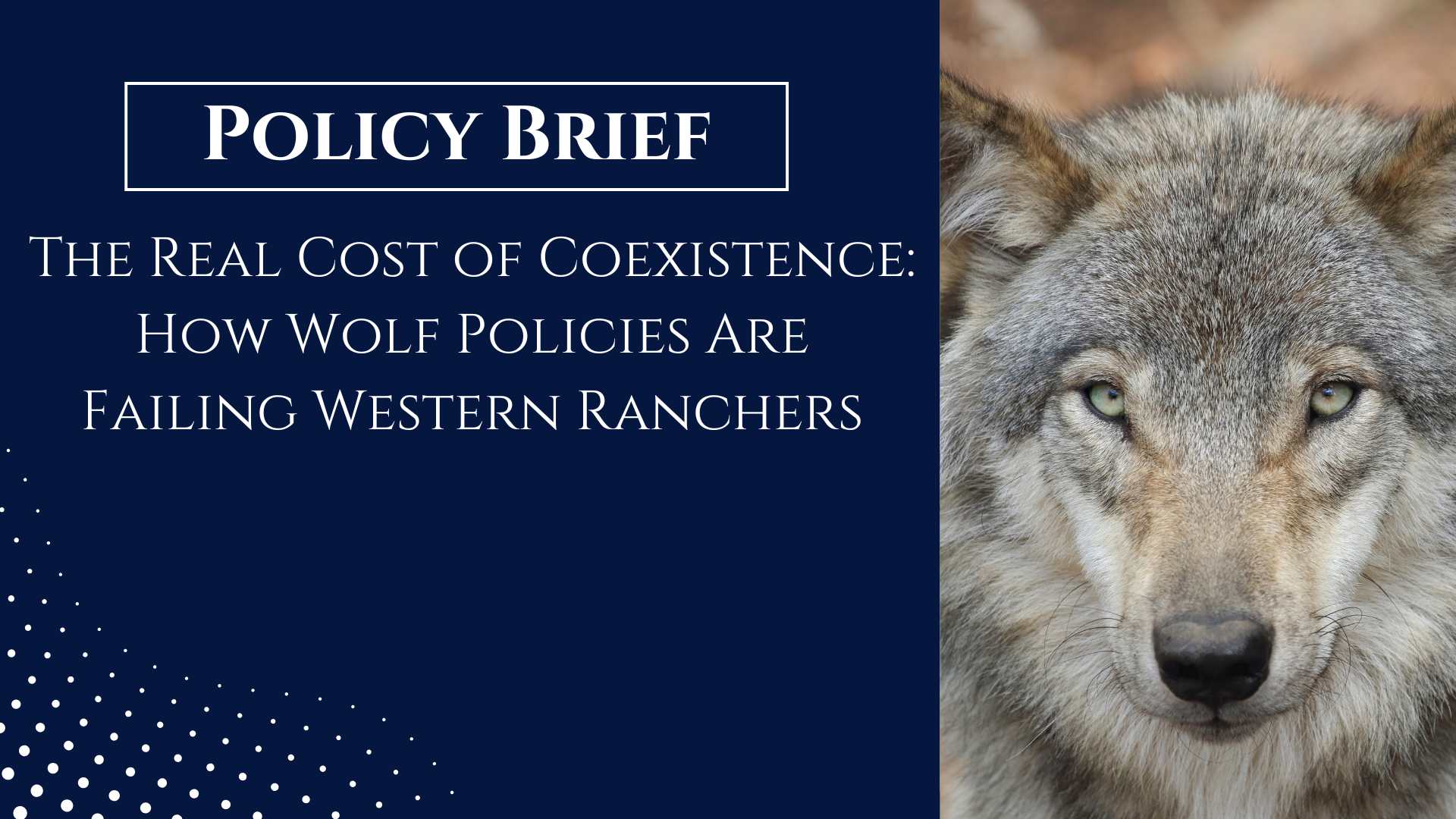Muhammad Ali quipped that everyone has a plan until they get punched in the mouth. The question is when will agriculture stop feeling like it is getting punched in the mouth.
The Beef Check-off, a marketing program supported by beef producers via taxes assessed on the sale of cattle, recently published an ad with a Hereford cow-calf pair in a pasture with wind turbines and a caption reading, “Beefing up sustainability: If all U.S. livestock were eliminated and every American followed a vegan diet, greenhouse gas emissions would only be reduced by 2%, or 0.36% globally.”
In response, one tweet from a state legislator who represents an urban district called cattle producers “breathlessly defensive” for telling the truth about their livelihoods. But numbers can be misleading, so a deeper dive is important.
Globally, “agriculture, forestry, and other land use” account for 24 percent of greenhouse gas emissions. That’s quite a bit. More specifically, the agriculture sector in the United States accounts for just 10 percent of our nation’s GHG emissions. Livestock account for 4 percent U.S. GHG emissions and cattle represent just 2 percent of the U.S.’s total GHG emissions tally.
Climate change is real. Cattle are not the cause of it. If we want to start really addressing climate change, we need to look toward people who do it better or, at the very least, people who are trying to do it better.
Maybe that is the research UC Davis is conducting to determine how seaweed in cattle feed lessens their methane emissions. Maybe it is simply understanding that modern beef producers feed more people with a smaller national herd than they did 50 years ago.
Knee-jerk responses about the “breathlessly defensive” actions of cattle ranchers does not provide beneficial contributions to the conversation about how to feed populations both here and abroad. Research, facts, and honest engagement with the topic are the way to begin, and end, the myth that cattle are environment killers.
No one likes to get punched in the mouth. But if an entire industry is going to get punched in the mouth it should at least be for doing something wrong instead of trying to adapt and do everything right.






